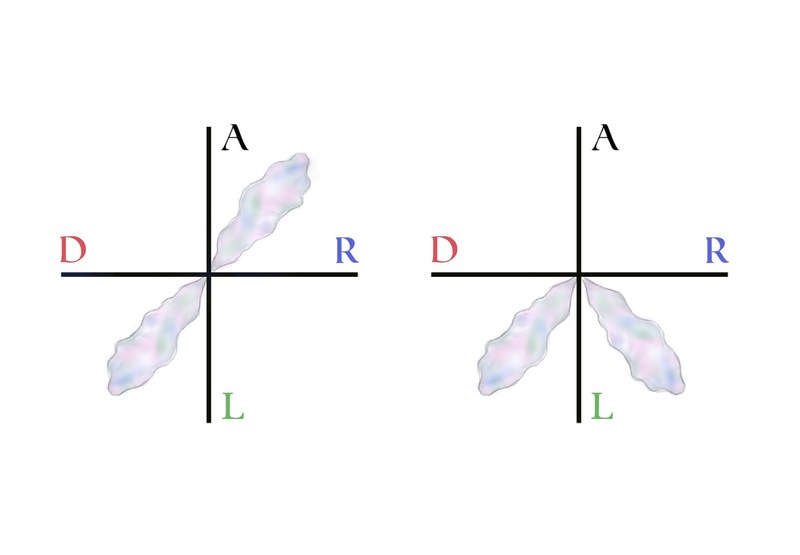Modeling Explosive Opinion Depolarization in Interdependent Topics
Jun 21, 2023
Researchers from the Department of Physics of the Universitat Politècnica de Catalunya have proposed an analytically tractable model of opinion dynamics to the study of the process of opinion depolarization
Opinion polarization, represented by the emergence of different groups of people holding diametrically opposite and extreme opinions with respect to a topic or a set of topics, is a harmful consequence of present-day politics that has a negative impact by promoting the political divide in the society or by hindering the collective solution of critical societal challenges. For this reason, the study of the mechanisms that can reduce opinion polarization has recently captured the attention of the scientific community. This effort has translated into the study of the process of depolarization, by which opinion polarization can be reduced by means of the social influence exerted between individuals.
Several models have been considered previously in the literature, addressing the processes of depolarization, most of them mainly concerned with the case of polarization with respect to a single topic. However, opinion polarization can take a more complex form when one considers different topics about which an opinion can be formed. A popular example is given by the famous Political Compass [https://www.politicalcompass.org/] representation of attitudes towards the authoritarian/libertarian and left/right axes. Importantly, correlations between the opinion of different topics may be present, which cannot be neglected in a theoretical analysis of the problem.
In a recent study published in Physical Review Letters, the researchers Jaume Ojer, Michele Starnini and Romualdo Pastor-Satorras from the Department of Physics of the Universitat Politècnica de Catalunya have proposed an analytically tractable model of opinion dynamics, the social compass model, in a space of two interdependent topics. They represented this space in polar coordinates, where the angle represents the orientation of an individual with respect to both topics, and the radius expresses the attitude strength or conviction of individuals. This polar representation allows naturally to formulate the key assumption of the model, i.e., zealots with extreme opinions (large conviction) may be less prone to change their opinion than individuals with small conviction. They observed that this model exhibits a phase transition from an initial polarized state to a depolarized or consensus one, as a function of increasing social influence. Furthermore, they analytically showed that the nature of such transition depends on the correlation between initial opinions: uncorrelated opinions trigger a first-order, or explosive, depolarization to consensus, while correlated initial opinions lead to a second-order, continuous transition.
The researchers tested their theoretical framework by using real data of polarized initial opinions with respect to controversial and interdependent topics. They relied on the American National Election Studies [https://www.electionstudies.org/] in the year 2016, in which empirical opinion surveys regarding controversial topics within the U.S. population are collected. For instance, they found that opinions with respect to immigration and military diplomacy are not correlated and therefore undergo an explosive depolarization, whereas to religion and same-sex couples are correlated and a continuous transition to consensus is exhibited.

Share: